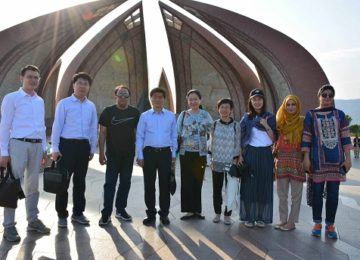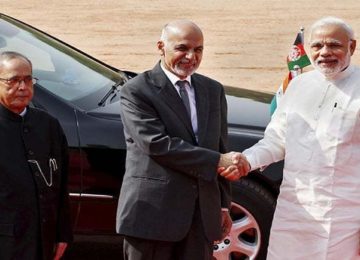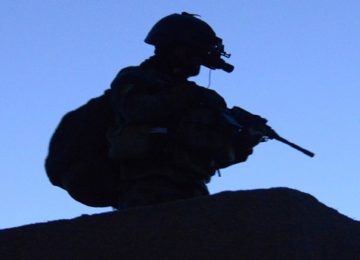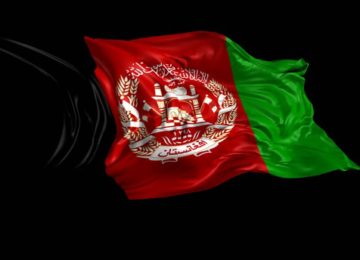The special Inspector General for Afghanistan just issued a report that is really discouraging about the flawed Afghan government effort to fight corruption.
Before turning to the report’s specifics, let’s face facts. Afghans do not consider the Taliban nearly as much a problem as government corruption. To put it differently, popular support for the Taliban, compared to support for the Afghan government, has grown despite all of America’s efforts in the war since 2001, including the two large Obama troop surges. Why? Because the Afghan population will not support a government they find as corrupt as the one led by Ashraf Ghani in Kabul.
When I was Commissioner on Wartime Contracting in Iraq and Afghanistan, I took a mission to Kabul and Kandahar in 2011. I was shown a slice of particularly galling Afghan corruption. The Afghan government not only taxed its own people for money that got diverted, it taxed materials brought in for American reconstruction efforts. That money was not kept in any kind of special fund. In other words, in this way the Afghans taxed you and me. We paid into the general government funds that so consistently got siphoned off.
This report tackles the central questions. First, does the IG (technically, the Special Inspector General for Iraq Reconstruction) think the Afghan anti-corruption agencies have what it takes? No, they lack “capacity, resources, and security.” Specific example: polygraphs had been used to good effect, in a limited way, because they could ferret out crooks on the inside. But, the Afghan government had stalled, the report explored, on “a second round of polygraph tests and annual follow-up rounds for Anti-Corruption Justice Center and Major Crimes Task Force personnel.” What would be the result? “The institutions responsible for enforcing Afghanistan’s corruption laws may themselves be compromised by corrupt networks.”
That’s just the beginning of the problem. Powerful corrupt officials, even if arrested, could beat the authorities. “If the Afghan government continues not to take action against public officials who violate internal codes of ethics,” – in other words, powerful corrupt officials – “a climate of corruption within the Afghan government will endure,” the report predicts.
The report notes, quite generously, every sign it can that the Kabul government has set and met benchmarks, promulgated codes, and so forth. Even on this subject, there are gaping holes. The IG says: “The strategy focuses primarily on 15 ‘priority” ministries but leaves the role of Afghanistan’s largest ministry, the Ministry of Defense, unclear.” An anticorruption effort without the biggest ministry, Defense, is like playing Hamlet without the Dane.
This article originally appeared in Forbes Magazine on June 06, 2018. Original link.
Disclaimer: Views expressed on this blog are not necessarily endorsed or supported by the Center for Research and Security Studies, Islamabad.








